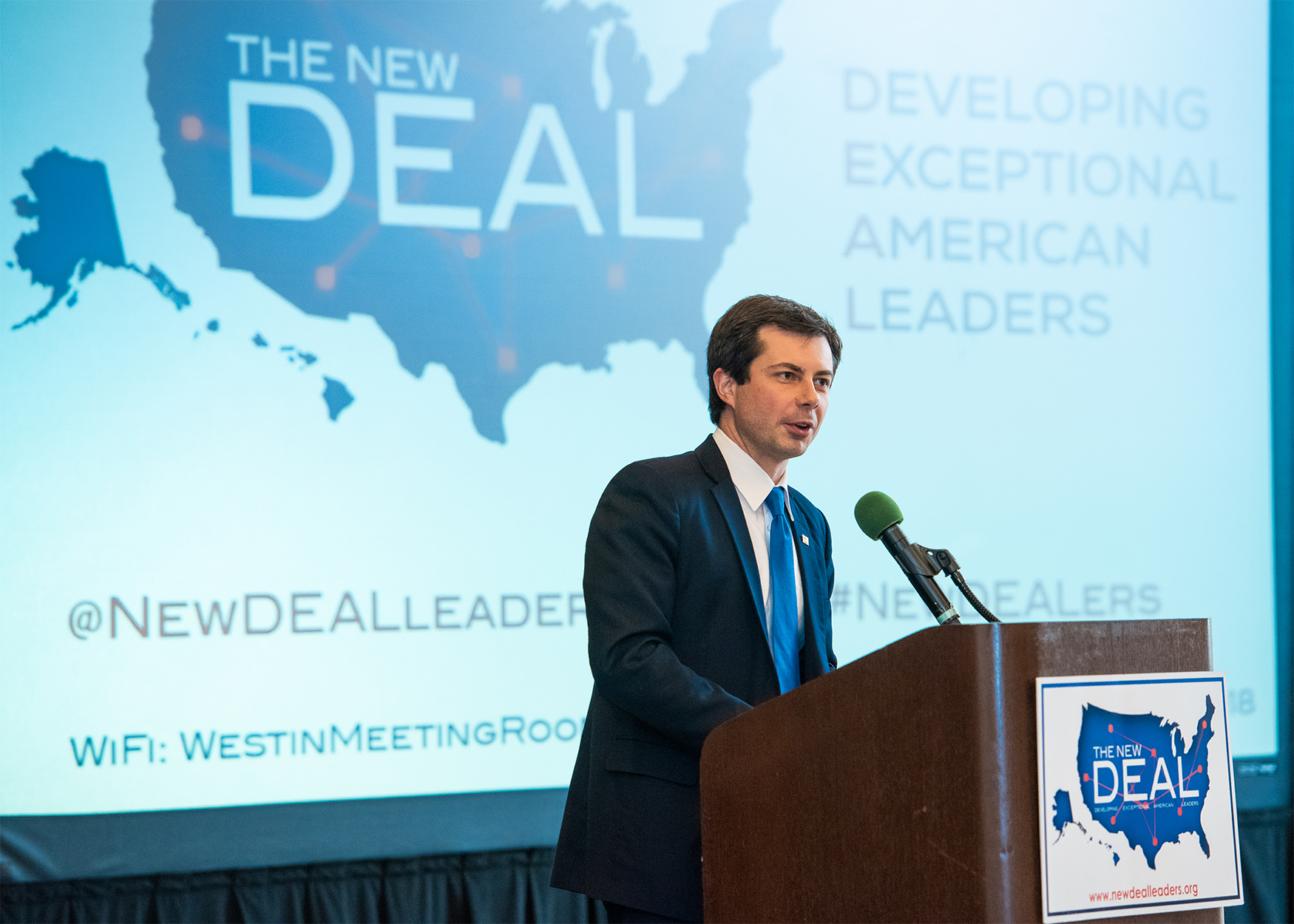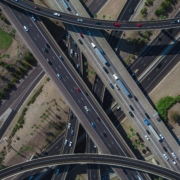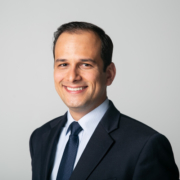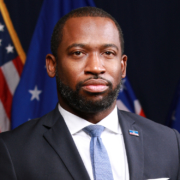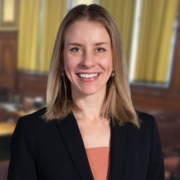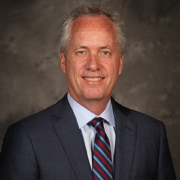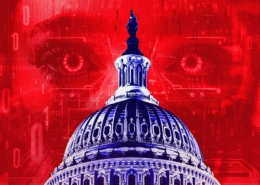Rebuilding American Infrastructure with Sustainability and Equity: Prince George’s County Executive Angela Alsobrooks Supports Construction and Renewal in Overlooked Areas
Maryland: Prince George’s County Executive Angela Alsobrooks is using a Rebuilding American Infrastructure with Sustainability and Equity (RAISE) grant to support construction and renewal in historically overlooked parts of the county. With what Alsobrooks noted is the first RAISE grant the county has ever received, these efforts will include providing “cyclists and pedestrians an alternative to highway travel and will also provide convenient access to the new regional hospital in downtown Largo,” as well as to schools and regional parks. The Blue Line will receive construction, making transportation easier for commuters. “Equitable transportation is a critical aspect of a just and thriving society as it enables individuals to participate fully in social, economic and civic life,” added Alsobrooks. Overall, the efforts will make transportation more equitable for disenfranchised communities.

